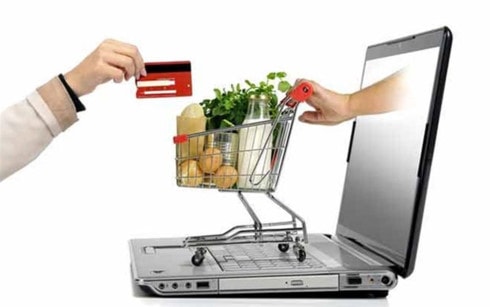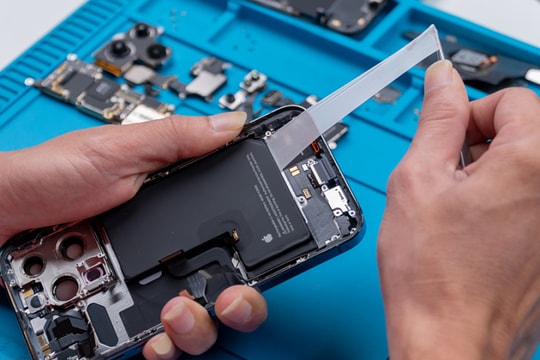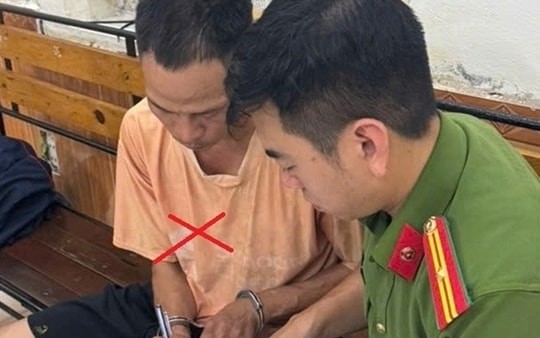4 golden rules to avoid being scammed when shopping online
To avoid the bad luck of buying low quality items, here are 4 things you absolutely must remember when shopping online.
1. "Choose the right person to trust"
The first thing you need to keep in mind is to choose a good, reputable supplier or e-commerce site to trade with. Basically, before being allowed to put products on the trading floor, the supplier must work with the trading floor on product quality issues, discount policies, shipping methods, etc. A good trading floor will certainly not let poor quality products slip through the net to affect its reputation.
In addition, the seller must also provide the buyer with sufficient information about price, warranty, product description, direct address, return and refund policy, etc. so that the buyer can have the most diverse choices. To ensure your own rights, make sure you have understood all of this information before making an online transaction.
 |
| Online shopping is convenient but also risky. (Illustration: KT) |
2. “Investigate” the product if you feel unsure
If you feel that the product is too “magical” to be true (like home gym equipment) or the promotional price is too cheap, do not hesitate to do a little “investigation” with the keyword being the product you intend to buy. You will easily find information about the price and quality of the product from other suppliers of similar products.
To be honest, sellers always try to highlight the advantages of their products and goods. Therefore, they sometimes “ignore” unfavorable information such as short shelf life, unclear warranty, no return… Therefore, if you have any doubts, check immediately.
3. Be careful when paying
In principle, online shopping requires online payment, through an online virtual account or personal credit card. However, in Vietnam, in addition to online payment, there is also a form of payment upon receipt. Many suppliers allow you to pay after checking whether the goods are as you wish, however, this number is not many.
This seems convenient but in fact it is not in line with the criteria of ensuring consumer rights in e-commerce transactions. All invoices you transact will be kept by the bank as evidence of the purchase and sale, your rights will have clearer evidence of protection!
4. Keep your receipt after purchase
Even after receiving the goods and paying, you must still keep the invoice. This will be evidence to ensure rights as well as to resolve disputes between consumers and business organizations and individuals later (for example, warranty, return, refund...).
If you believe that your rights are affected by the supplier, first report it to the trading floor where you made the purchase. If you believe that your legitimate rights and interests have been violated during the online shopping process, do not hesitate to contact state management agencies and social organizations on consumer rights protection for support, advice and guidance./.
According to VOV
| RELATED NEWS |
|---|








